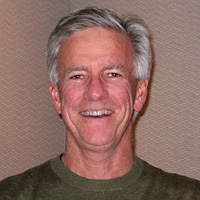I was a bit of a nerd as a kid. It wasn't until the second grade that I realized that just because my shirts had a top button, it didn't mean I had to use them. Among my dorkier pursuits was a fascination with the Civil War.
But one interest of mine that you will not hear me ridicule was an admiration for Abraham Lincoln. And today, the 19th of November, is a big day for Lincoln fans because on this date in 1863, he delivered the greatest Perspective ever, the speech otherwise known as the Gettysburg Address.
Lincoln's remarks, in which he defined our national purpose, were a mere 282 words, about 80 words less than what I am reading right now. This was not just writing that said what needed to be said, but writing as sculpture, chiseling away the unnecessary and polishing the final result.
Yet at the same time Lincoln's address also illustrates the limits of language, something that the speech itself acknowledges. When Lincoln said, "the world will little note nor long remember what we say here" he was not engaging in false modesty but emphasizing the importance of what we do as compared to what we say. And indeed it would take another year and a half of bloody combat to achieve the objective he outlined.
In addition, the muted reaction to the speech the day it was delivered as compared to the reverence it enjoys today shows the difference between the spoken and the written word, the ephemeral and the permanent. Say something and once you're done talking your words no longer exist. They become instead what people think they heard. Write something and the words are fixed in place forever.
